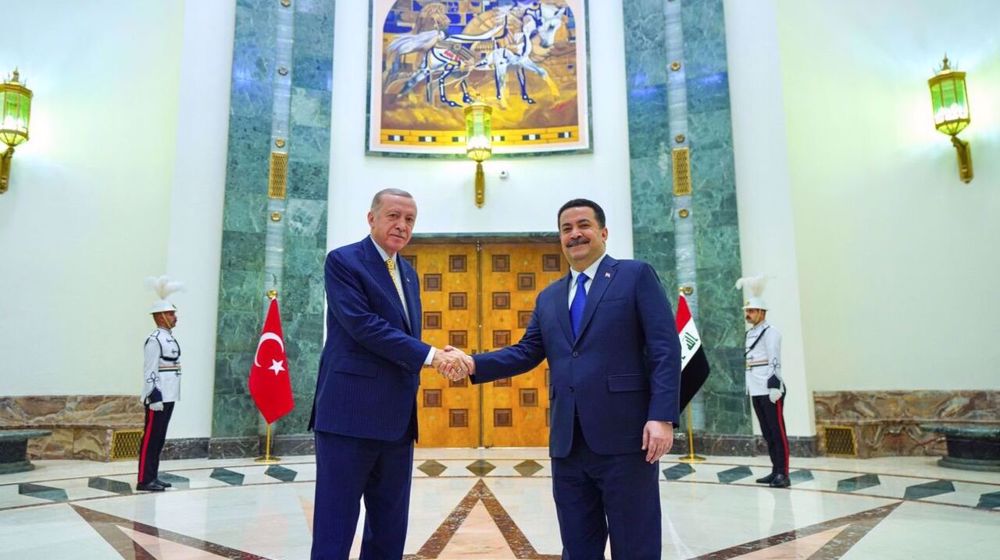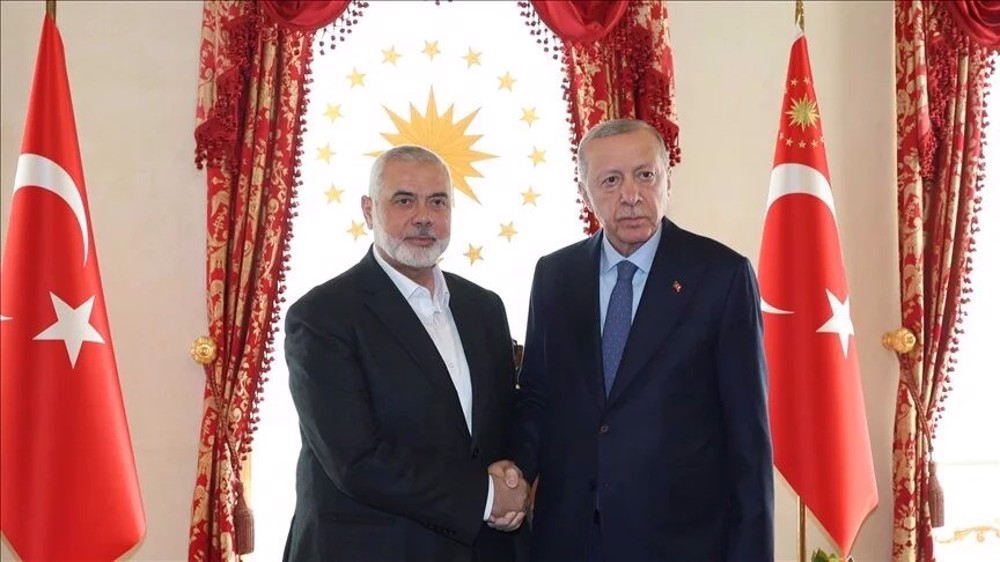Amnesty International slams Turkey’s 'arbitrary' crackdown on employees
Amnesty International has strongly censured Turkey over the dismissal of thousands of public employees in the wake of the abortive July 15 coup, saying Ankara’s heavy-handed crackdown has had a “catastrophic impact” on the lives of opposition figures and dissidents.
The leading human rights group, in a 21-page report published on Monday, said the repressive measures against teachers, academics, doctors, police officers and soldiers had left them branded as “terrorists,” unable to return to their careers, and had forced them to rely on savings, the support of friends or family or to take on irregular jobs.
Amnesty says the dismissals had been arbitrary and affiliation to terror groups was unproven, devastating the lives of the individuals and their families.
“The authorities must end these arbitrary dismissals immediately, and reinstate all those who are found not to be guilty of wrongdoing,” said Andrew Gardner, Amnesty's researcher on Turkey.
He added, “Those who have been dismissed should be given access to a swift and effective appeal procedure in order that they can clear their names, be compensated and return to their careers.”
The remarks came on the same day that 200 suspects, including senior military officers, were put on trial over alleged involvement in last year's failed coup, which the Turkish government claims to have been orchestrated by the US-based opposition cleric Fethullah Gulen. Gulen has strongly condemned the coup and denied any involvement in it.
The defendants, among them President Recep Tayyip Erdogan's aide-de-camp Colonel Ali Yazici, former Turkish Air Force chief Akin Ozturk, and dozens of generals, colonels and majors, were paraded on their way to court past dozens of protesters, who shouted for their capital punishment and threw nooses towards them.
Over 240 people were killed and more than 2,100 others injured in the violence. Tens of thousands of people, including military personnel, judges and teachers, have been suspended, dismissed or detained as part of the post-coup crackdown.

On November 24, 2016, the European Parliament adopted a non-binding motion by 479 votes to 37, with 107 abstentions, calling for “a temporary freeze of the ongoing accession negotiations with Turkey” following the botched putsch against Erdogan.
Turkey called on the EU to resume negotiations in January.
Speaking in an interview with the German newspaper Bild am Sonntag on March 19, European Commission President Jean-Claude Juncker warned Turkey against any return of capital punishment, saying the measure was a "red line" in Ankara’s stalled bid for membership in the European Union.
“If the death penalty is reintroduced in Turkey, it would lead to the end of negotiations,” Juncker said.
The comments came a day after Erdogan said he would seek to reinstate the measure “without any hesitation” after the April 16 referendum on expanding presidential powers.
VIDEO | UK govt. Rwanda bill denounced as 'state-sponsored people trafficking'
VIDEO | Iran president visits Lahore, Pakistan’s cultural hub
North Korea: US military drills drive regional security into turmoil
UN agency chief for Palestinians urges probe into staff killings
200 days of Israeli war on Gaza and 200 headlines whitewashing genocide
VIDEO | 200 days of US-Israeli genocide
Iran’s security chief in Russia to underline Israel’s aggression
VIDEO | Smoke rises from Gaza as fighting continues




















 This makes it easy to access the Press TV website
This makes it easy to access the Press TV website